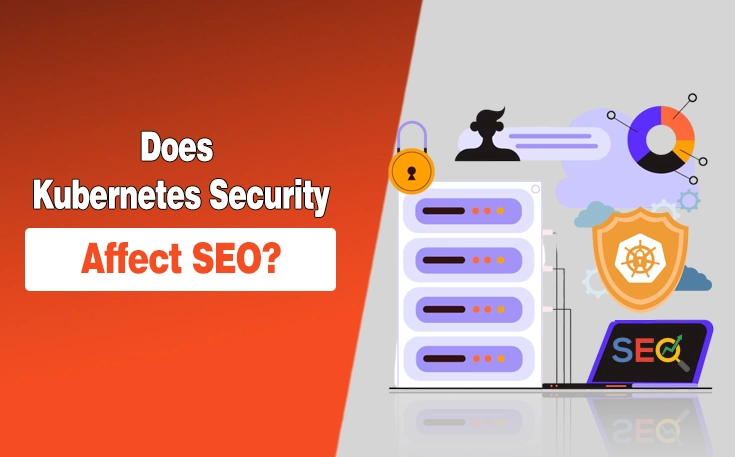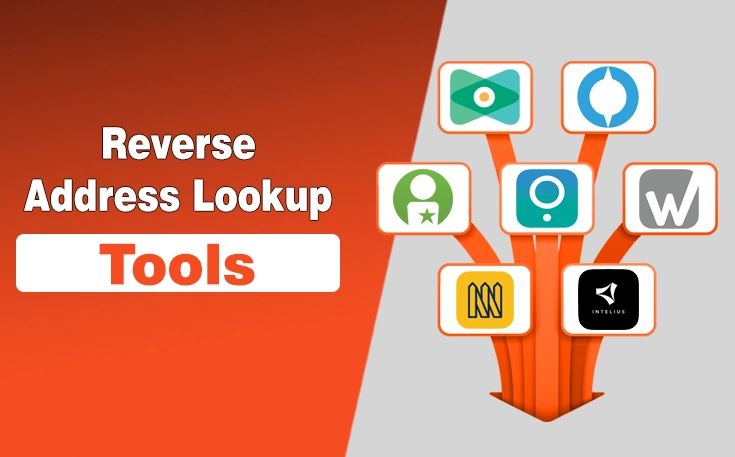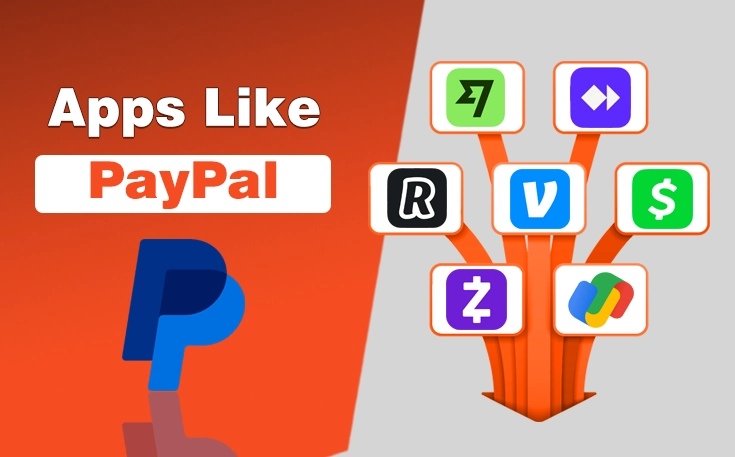Containerized applications are widely used today, and Kubernetes holds the honor of being one of the top solutions for developing, deploying, and managing them in a range of contexts.
What’s less commonly contemplated is the influence Kubernetes has over search engine optimization (SEO). Specifically, the knock-on effect of app security issues arising and how they might hamper a site’s search rank in the short or long term.
Emphasizing security is obviously advisable for websites that want to remain on the right side of Google. To that end, let’s draw back the curtains on the extent to which Kubernetes security holds sway over SEO, and how to contend with this overlap.
In this guide, I have mentioned everything and provided insights on the effects of Kubernetes security on SEO.
The Downsides of Downtime
Website downtime must be avoided at all costs, since even the smallest outage hurts your site’s perceived reliability, and in turn leads to search rank repercussions.
Let’s say some portion of your site relies on Kubernetes to function. Perhaps you’ve built a web app that runs on a Kubernetes cluster. When it’s working as anticipated, that’s great. But if unplanned outages occur, your site could start returning 5xx server errors when users try to access certain portions of it.
Worse still, Google will see these types of errors as an indicator that your site is unresponsive. And the standard set of fixes for crawl errors will only get you so far. If Kubernetes is the culprit, and the downtime is the result of a security snafu, the fallout will be even more harmful.
How to Fix These Types of Downtimes?
There are two core ways to prevent outages of this type.
1. Strong Monitoring
The first is to simply keep a close watch over cluster health. Persistent monitoring of your Kubernetes environment makes spotting irregularities easier, since you will have a baseline for normal performance. Likewise, doing this in real time prevents problems from persisting unchecked.
2. Automated Failovers
The second is to both establish automated failovers so that traffic gets rerouted to a secondary setup if the primary is compromised, and to audit these to guarantee that they are configured correctly regularly. The most minor slip-ups can quickly turn into site-wide disasters that damage SEO if you aren’t always on the ball.
- Results: The upshot of your preventative efforts will be that Google crawls your site and indexes your content as intended, rather than encountering errors and inaccessible elements that raise red flags while damaging SERP positioning.
Security for SEO Stability in the Long Term
Downtime is generally an acute issue, but there are other ranking factors related to security missteps that will leave a larger, longer-lasting blemish on your site’s search performance.
- First and foremost, Google wants to see that users trust a site, and this is extrapolated from a variety of metrics, ranging from click-through rate and engagement rate to the number of external links from authoritative sites which point to it.
- Secondly, the combination of uptime levels and site performance, including factors such as page load speed, can determine whether search engines decide to point users towards a particular site over its competitors.
If your Kubernetes security gets compromised, both areas will suffer. User trust erodes quickly, and people who have a bad experience on your site for whatever reason, including if they encounter a web app that is out of action or actively compromised, won’t come back. In turn, Google will penalize untrustworthy sites as a matter of course.
What are the Consequences?
Then, from a performance perspective, downtime is not your only pain point. When a breach takes place and remains undetected or ignored, the speed and responsiveness of your site can slip. Persistent sluggishness is a deathblow for any site.
Before you can take steps to preserve the SEO stability of your site over months and years, rather than just on a moment-to-moment basis, you need to work with experts to conduct a Kubernetes security risk assessment. In this way, you can identify where vulnerabilities lie before they get exploited by malicious third parties. It is the best way for minimizing risk exposure, and in turn preventing your best SEO plans from derailing out of the blue.
The User Experience Angle
I have touched on the fact that compromised Kubernetes security is counterproductive from a site user perspective, but it’s worth scrutinizing this a little more to really drive home what’s at stake.
The unavoidable reality is that your UX has to match with the expectations of Core Web Vitals or run the risk of never reaching the heights of Google’s search ranks that it otherwise deserves. It must be stable, performant, and generally user-friendly. Unfortunately, a compromised Kubernetes ecosystem can scupper all three.
1. Data Stealing
The most common way for this to happen is when a breach gives attackers access to the resources used to run your containerized apps. Stealing data is often not the main aim in this context. Instead, they might end up taking your servers and turning them to their nefarious purposes. This might be cryptomining, it might involve DDoS attacks, or even hosting their own digital assets. Like the cuckoo in the nest, it’s the legitimate owner that suffers.
2. Poor Performance
Similarly, if site users turn up and find that the performance is poor, they’ll head elsewhere, so your bounce rate optimization tactics will all be for nothing. So any kind of resource hijacking that goes on is a blight on UX and decimates SEO.
As with the other solutions I have talked over, proactivity is your friend here. So rather than allowing Kubernetes clusters to operate unchecked and unprotected, you must review permissions, set limits on access, and generally go all-out to avoid unauthorized use.
The Bottom Line
In short, securing Kubernetes really does directly impact SEO. Outages and errors, malware infections, and slow performance all harm rankings.
Proactive audits and expert assessments ensure your infrastructure supports both technical security and search engine visibility. Strong security creates a solid foundation for long-term SEO success and uninterrupted user experiences.
Need custom app with amazing features?
Get a Quote




